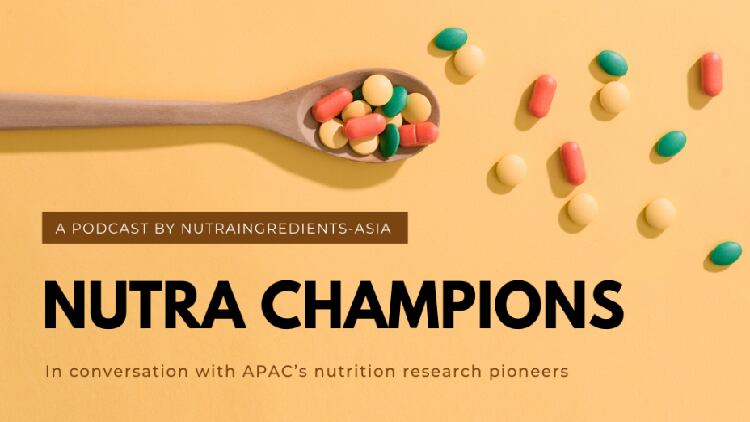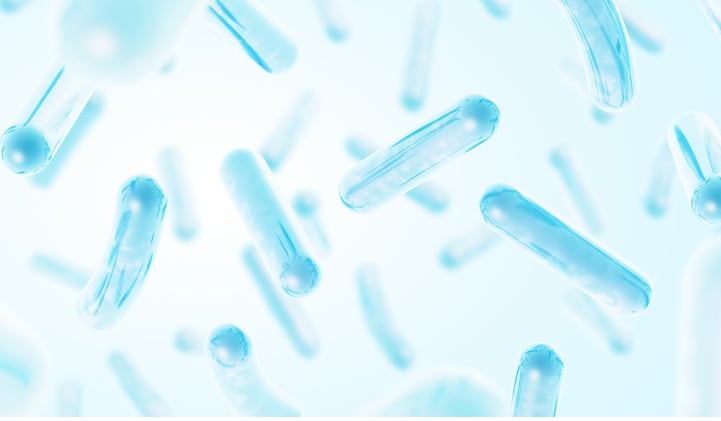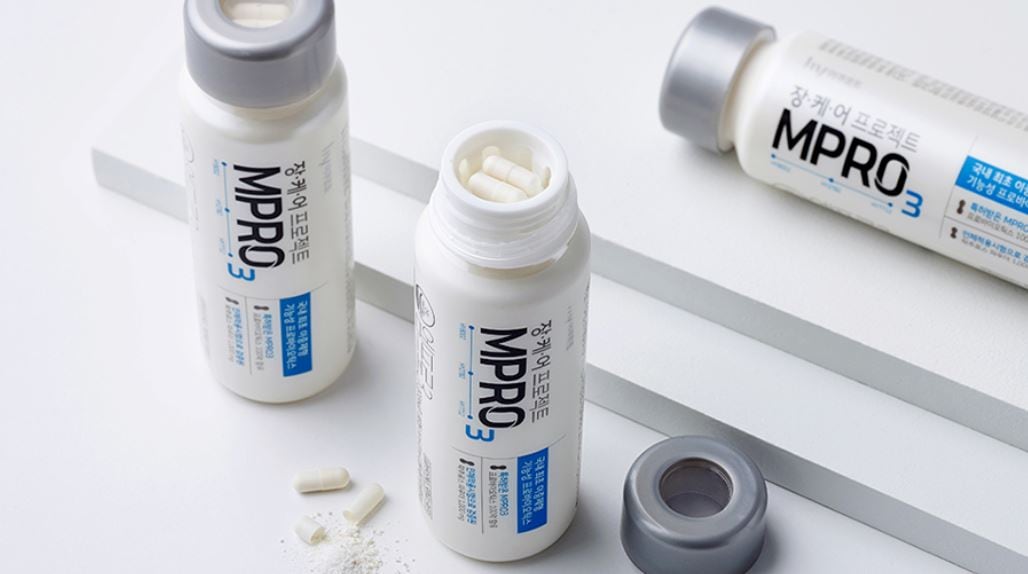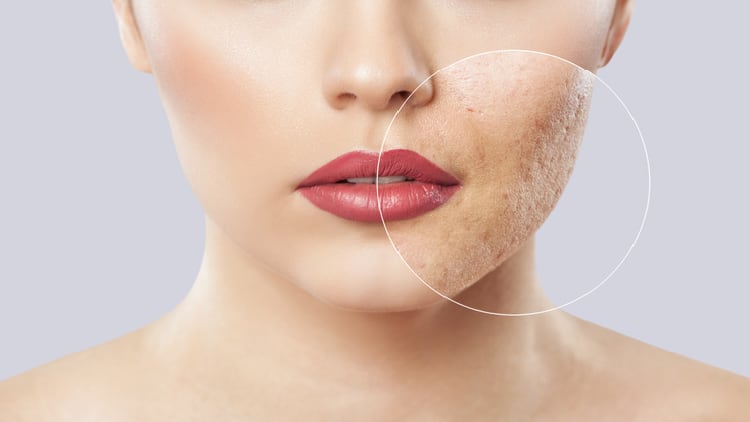This is according to the guest of our 13th NutraChampion podcast, Professor Ying-Chieh Tsai, the founder and scientist at Bened Medical – a Taiwan-based company specialising in the R&D of psychobiotics.
Prof Tsai, who is also the chair professor at the National Yang Ming University’s Institute of Biochemistry and Molecular Biology, has devoted himself to probiotics research in the past 30 odd years.
He first came across a scientific paper on psychobiotics about 15 years ago, which completely shifted his research focus from the anti-allergy, immunomodulation, and metabolism modulation activities of probiotics to his present field of expertise.
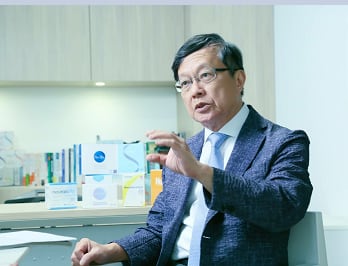
“I think its around 2005 or 2006, I came across a paper which talked about how probiotics may be an adjuvant therapy for major depression problems.
“At that time, this really shocked me, and I thought I can choose this very interesting research field,” Prof Tsai said.
He later received a US$1.5m grant from the government which supports the study of probiotics for autism and depression, which marked the start of his psychobiotics business.
By 2015, he founded Bened Biomedical and the research team came from the National Yang Ming University where he was based in.
Despite a promising start, he faced multiple rejection and scepticism when he first mooted the idea of psychobiotics to the doctors.
“I can remember that between 2016 and 2017, I gave more than 100 speeches in the hospitals and the academic conferences to try to persuade that probiotics can influence the brain from the gut.
“It took me about two years. In 2018, you can see everything has changed.
“Nowadays, people can accept this concept because there are so many papers talking about psychobiotics and the microbiota gut-brain axis.
“So, the situation has changed, they come to me and want to do clinical trials with me. That’s why we have more than 10 and nearly 15 clinical trials ongoing,” he said.
In fact, the situation is evolving so rapidly that the company is facing a stiffer market competition these days.
“(In fact), when I started out, I told my students who are also the members of the company that we only have three years.
“After three years, the competition would come out, so we got to hurry up. The biggest challenge is the speed, the time,” he said.
Listen to find out more about his psychobiotic research journey, key findings, and R&D plans.


